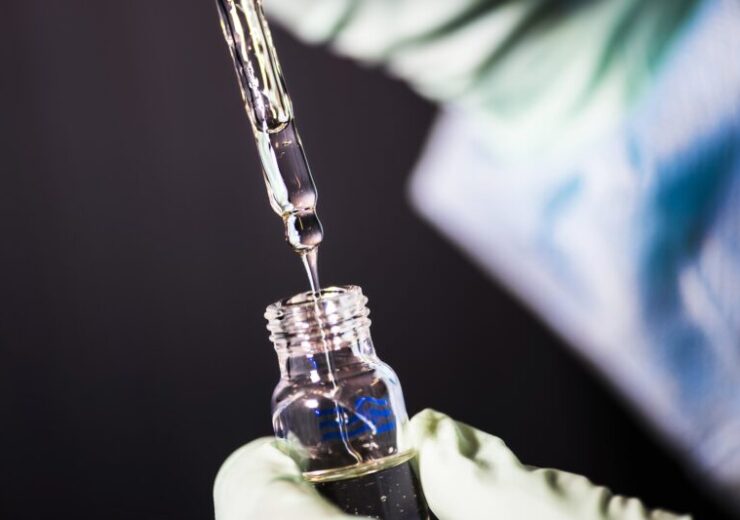UDX’ Signal-C is designed to detect methylation DNA patterns and fragments released by circulating colorectal cancer tumours in the bloodstream by using next-generation sequencing and bioinformatics

Signal-C is an advanced colorectal cancer screening blood test. (Credit: CDC on Unsplash)
Spanish biotech company Universal DX (UDX) has partnered with Quest Diagnostics to introduce its Signal-C colorectal cancer screening blood test to patients and providers in the US.
Signal-C has been designed by UDX to detect methylated DNA patterns and fragments released by circulating colorectal cancer tumours in the bloodstream. For this, the test employs next-generation sequencing (NGS) and bioinformatics.
The test has shown 93% sensitivity for colorectal cancer detection, and a sensitivity of 54% for detection of precancerous lesions at 92% specificity overall in a 1,000-patient study.
Under the agreement signed by the parties, Quest Diagnostics intends to conduct and offer clinical laboratory services using Signal-C to providers and patients in the US, assuming premarket approval of the test in the country.
Upon receiving the US Food and Drug Administration (FDA) approval, Quest Diagnostics will own the exclusive rights to offer clinical laboratory services in the US.
To support the submission for premarket approval to the FDA, UDX plans to recruit 15,000 patients for a study involving over 100 investigator sites to develop clinical evidence for the screening test.
The testing for the trial will be supported by Quest Diagnostics’ oncology centre of excellence in Lewisville, Texas which will serve as the single site.
UDX has also announced the closing of its series B financing round of nearly $70m from investors, including Quest Diagnostics.
UDX chairman Juan Martinez Barea said: “Quest Diagnostics has the leading expertise in oncology and national scale to harness our Signal-C technology to make it broadly accessible in the United States.
“At UDX, we believe that early detection is the key to create a future where cancer is curable. This collaboration will make it more likely that patients in the United States will, over time, have a convenient, quality and accessible option to screen for colorectal cancer.”
Through the collaboration, UDX’s advanced liquid biopsy screening technology will be combined with Quest Diagnostics’ expertise and reach in the US, which includes roughly 2,100 patient service centres for blood draws, electronic health record connectivity, and relationships with health plans.
Quest Diagnostics vice president and oncology general manager Kristie Dolan said: “UDX has created a promising method of screening for colorectal cancer with a simple blood test that includes the ability to detect advanced adenomas.
“We look forward to collaborating with UDX to bring this innovation to the large population of people in the US who are eligible for colorectal cancer screening but currently fail to be screened given the inconvenience of conventional methods.”
